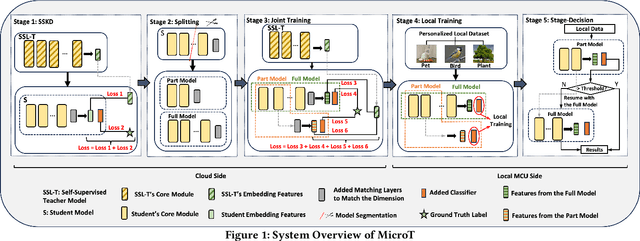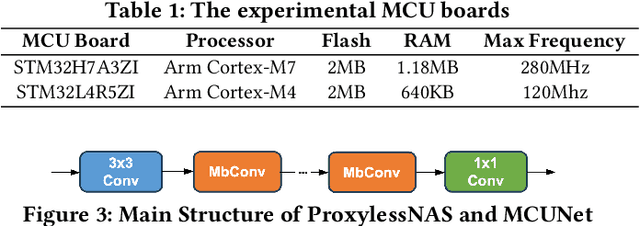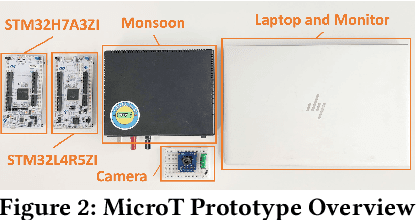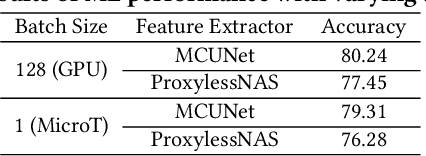Xavier Cadet
PoolFlip: A Multi-Agent Reinforcement Learning Security Environment for Cyber Defense
Aug 27, 2025Abstract:Cyber defense requires automating defensive decision-making under stealthy, deceptive, and continuously evolving adversarial strategies. The FlipIt game provides a foundational framework for modeling interactions between a defender and an advanced adversary that compromises a system without being immediately detected. In FlipIt, the attacker and defender compete to control a shared resource by performing a Flip action and paying a cost. However, the existing FlipIt frameworks rely on a small number of heuristics or specialized learning techniques, which can lead to brittleness and the inability to adapt to new attacks. To address these limitations, we introduce PoolFlip, a multi-agent gym environment that extends the FlipIt game to allow efficient learning for attackers and defenders. Furthermore, we propose Flip-PSRO, a multi-agent reinforcement learning (MARL) approach that leverages population-based training to train defender agents equipped to generalize against a range of unknown, potentially adaptive opponents. Our empirical results suggest that Flip-PSRO defenders are $2\times$ more effective than baselines to generalize to a heuristic attack not exposed in training. In addition, our newly designed ownership-based utility functions ensure that Flip-PSRO defenders maintain a high level of control while optimizing performance.
Quantitative Resilience Modeling for Autonomous Cyber Defense
Mar 04, 2025Abstract:Cyber resilience is the ability of a system to recover from an attack with minimal impact on system operations. However, characterizing a network's resilience under a cyber attack is challenging, as there are no formal definitions of resilience applicable to diverse network topologies and attack patterns. In this work, we propose a quantifiable formulation of resilience that considers multiple defender operational goals, the criticality of various network resources for daily operations, and provides interpretability to security operators about their system's resilience under attack. We evaluate our approach within the CybORG environment, a reinforcement learning (RL) framework for autonomous cyber defense, analyzing trade-offs between resilience, costs, and prioritization of operational goals. Furthermore, we introduce methods to aggregate resilience metrics across time-variable attack patterns and multiple network topologies, comprehensively characterizing system resilience. Using insights gained from our resilience metrics, we design RL autonomous defensive agents and compare them against several heuristic baselines, showing that proactive network hardening techniques and prompt recovery of compromised machines are critical for effective cyber defenses.
MicroT: Low-Energy and Adaptive Models for MCUs
Mar 12, 2024



Abstract:We propose MicroT, a low-energy, multi-task adaptive model framework for resource-constrained MCUs. We divide the original model into a feature extractor and a classifier. The feature extractor is obtained through self-supervised knowledge distillation and further optimized into part and full models through model splitting and joint training. These models are then deployed on MCUs, with classifiers added and trained on local tasks, ultimately performing stage-decision for joint inference. In this process, the part model initially processes the sample, and if the confidence score falls below the set threshold, the full model will resume and continue the inference. We evaluate MicroT on two models, three datasets, and two MCU boards. Our experimental evaluation shows that MicroT effectively improves model performance and reduces energy consumption when dealing with multiple local tasks. Compared to the unoptimized feature extractor, MicroT can improve accuracy by up to 9.87%. On MCUs, compared to the standard full model inference, MicroT can save up to about 29.13% in energy consumption. MicroT also allows users to adaptively adjust the stage-decision ratio as needed, better balancing model performance and energy consumption. Under the standard stage-decision ratio configuration, MicroT can increase accuracy by 5.91% and save about 14.47% of energy consumption.
 Add to Chrome
Add to Chrome Add to Firefox
Add to Firefox Add to Edge
Add to Edge